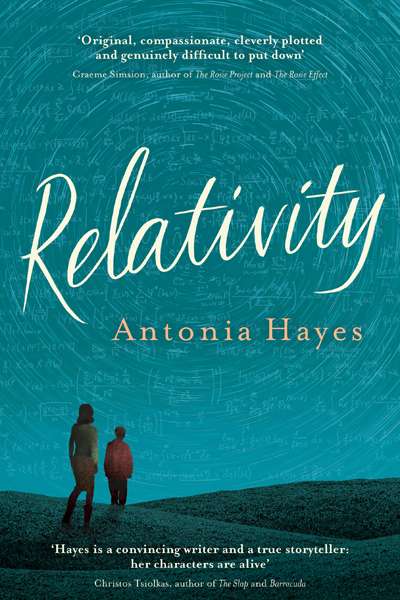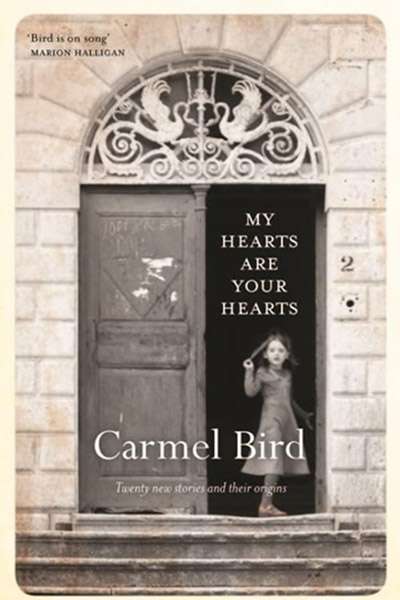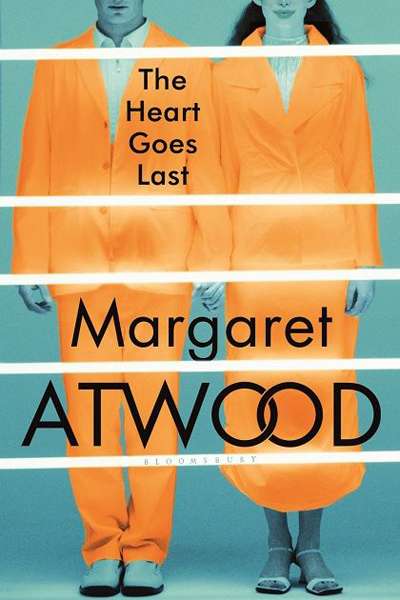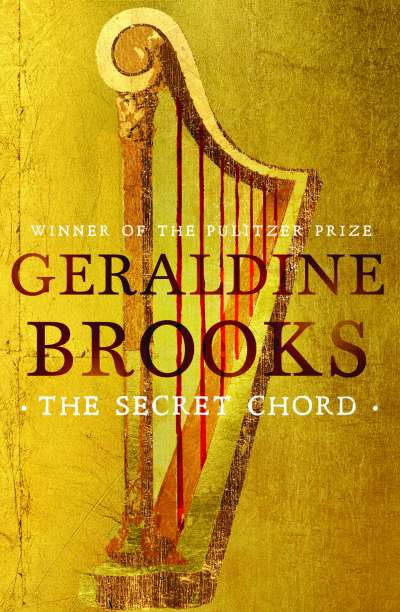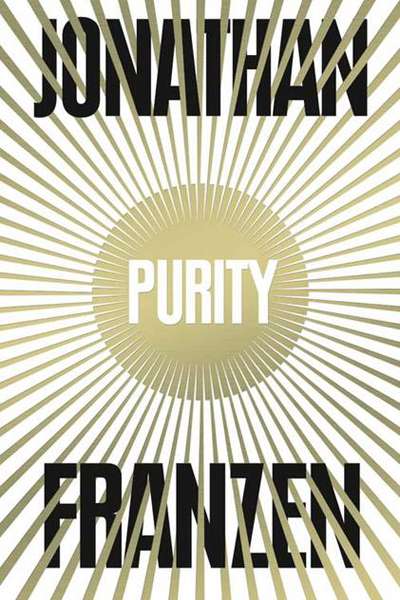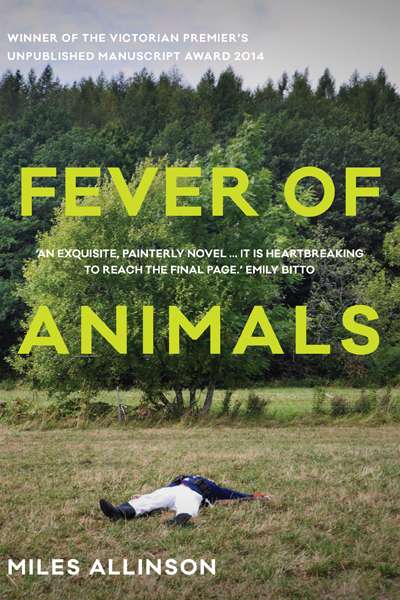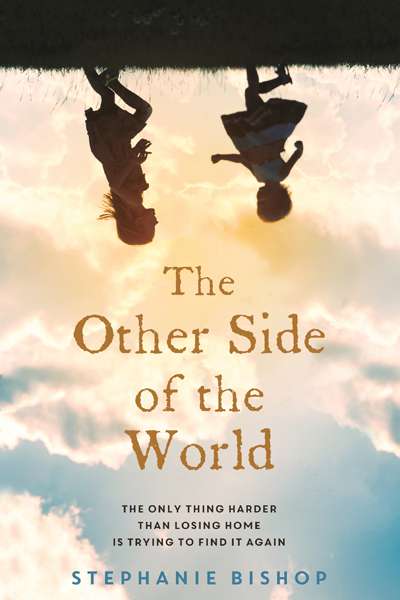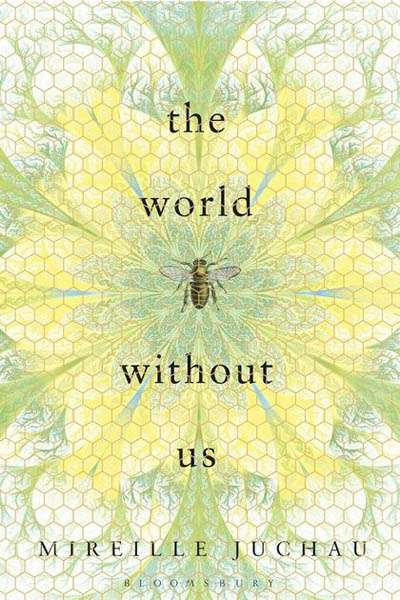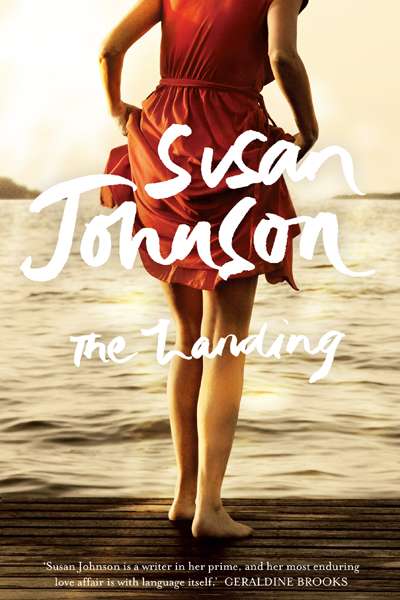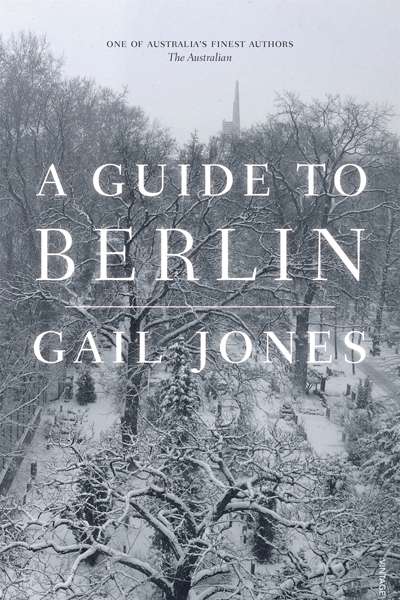Fiction
It is not difficult to see why the publisher expects Relativity to find a wide readership; centred on Ethan its eccentric, physics-obsessed young protagonist, this is a touching portrayal of a fractured family.
Claire has always known her son is special, with his talent for numbers and precocious knowledge of astronomical facts. At school, his peers c ...
In one of the reflective essays that complement her new collection of stories, My Hearts Are Your Hearts, Carmel Bird likens short story writing to the art of the conjuror who takes ‘coloured silk handkerchiefs, pull[s] them all in to make a ball, and then, with a flourish, open[s] them up as a full-blown rose’. This charming me ...
The Heart Goes Last is set in a not-so-distant future in which the economy of the United States has collapsed. In the wake of a major financial meltdown, those rich enough to flee have taken up residence in floating offshore tax havens, leaving the rest of the population to cope with a society ravaged by spiralling unemployment, drug addiction, and crime. The ...
Geraldine Brooks credits her son, Nathaniel, with sparking the idea and title for her latest novel. For his bar mitzvah, Nathaniel chose to play an arrangement for harp of Leonard Cohen’s famous ‘Hallelujah’. It begins with these lines: ‘Now I’ve heard there was a secret chord / That David played, and it pleased the Lord.’
Music is crucial to Bro ...
Where to start with Fever of Animals? The narrator of Miles Allinson’s début novel is hardly certain where to begin his story. Throughout this curious book, the difficulties of composition are paramount. ‘And what is this book I am supposed to be writing? Am I even writing a book or am I fooling myself, as I fooled myself so many times in th ...
From the opening pages of Mireille Juchau’s new novel, The World Without Us, we know we are in the hands of a poetic writer in control of language and ready to invest every sentence with resonant detail. In this scene, two of the central characters encounter each other at a river above a waterfall:
Now the water was strung with ...
‘How did you even begin to fit two adult lives together so that they happily resembled a whole?’ Jonathan Lott, the main character in Susan Johnson’s tenth novel, asks himself. It is giving little away to say that by book’s end there are no definitive answers. But Jonathan’s attempts to make sense of his wife Sarah’s defection from their decades-lo ...
I sit in a safe room with the winter sun on my back and read of violence and menace in an icy city. Gail Jones’s Berlin is so bleak and the novel’s dénouement so shattering that I need that brief benign warmth. This is not, I hasten to protest, a spoiler: the book begins by foreshadowing a scene of guilt, shoc ...


